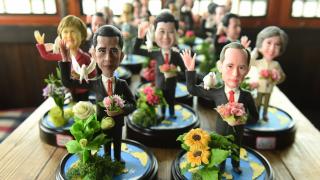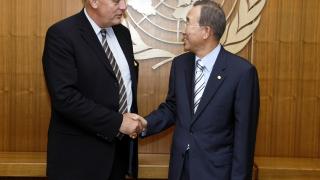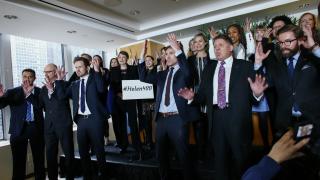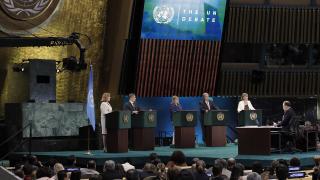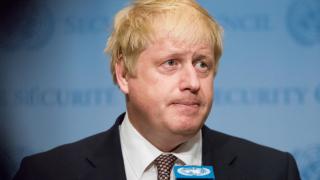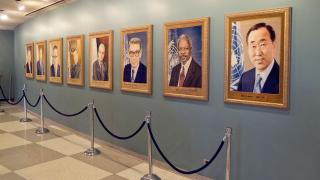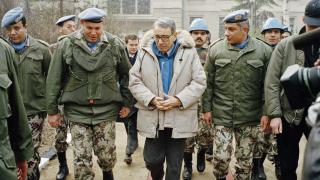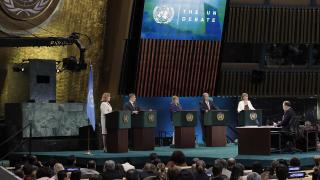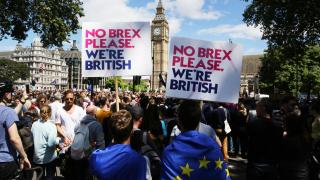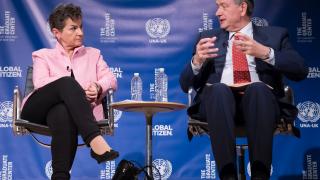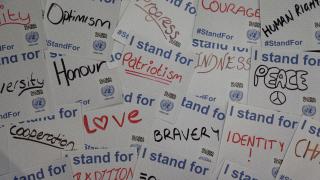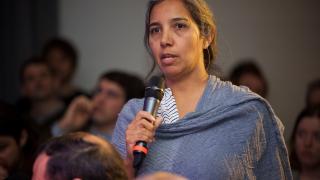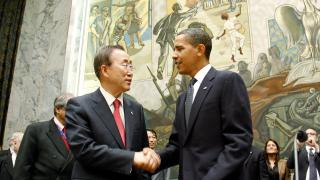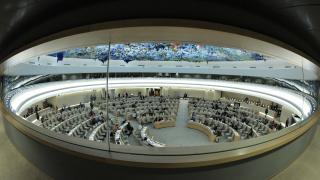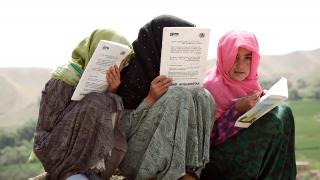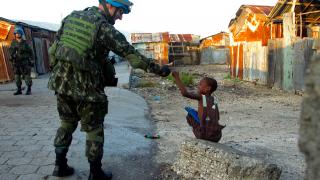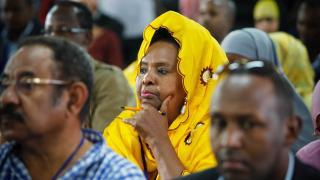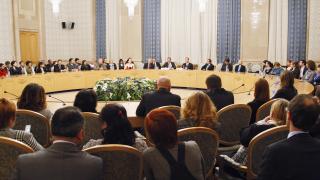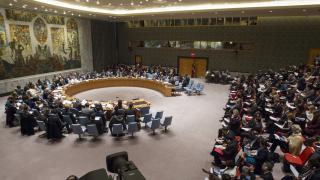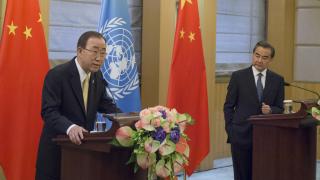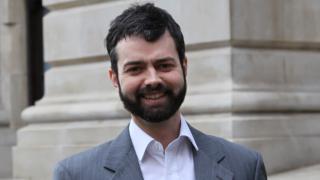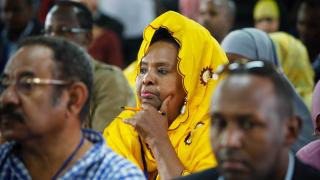
New levels of engagement with civil society during the appointment process of the UN Secretary General in 2016 – with public hearings broadcast live and the possibility for people around the world to pose direct questions to the candidates – will inevitably raise expectations for the future relationship between the Secretary-General and “the Peoples of the United Nations” she or he is to serve.
We all know a lot about what makes a relationship strong – we only need to look to our own families and know it relies on both ‘intensity’ and ‘quality’. Both parties to the relationship need to be fully committed and have sufficient opportunities to interact – and that interaction needs to have certain qualities. These criteria apply equally to the UN Secretary-General’s relationship with civil society.
With regard to the intensity of that relationship, there are good signs. In more and more aspects of the UN’s work, civil society involvement is accepted. Their representatives are actively invited to attend meetings, follow intergovernmental processes, provide statements, ask questions and submit information and reports. The Secretary-General appointment process is only one recent example of this. The development and follow-up of the Agenda 2030 for Sustainable Development is another.
Yet these new roles for civil society organisations (CSOs) have not been given freely. CSOs have actively lobbied for their access. They have to work even harder to be heard and there is no guarantee of their impact. There is still room for the Secretary-General to take many more steps to institutionalise stronger engagement with civil society throughout the Organisation both in New York and its operational activities around the world. But what is required above all is more than formal mandates; it is a long-term cultural change in the halls of the UN to an approach where frequent and genuine dialogue with civil society is seen as essential to making the Organisation both effective and legitimate in the eyes of the public.
True dialogue requires a reconsideration of the notion of representation among all participants, including civil society delegates. Traditional concepts of representation bind a person to the interests of his or her organisation and those whose lives it seeks to improve. A true dialogue, however, seeks to obtain a new understanding of reality. It needs participants who are not bound to their initial ideas, but willing to include all the arguments applicable to the discussion. Such a dialogue requires all participants, including the Secretary-General and those working for her or him, to manifest qualities such as mutual respect, honesty, attentiveness, and humility. How else can true learning – rather than the rehearsal of old arguments – take place?
The manifestation of such virtues by the head of the UN will have an impact that extends beyond the quality of the UN’s dialogue with civil society. It will enable the UN Secretary-General to provide both moral and administrative leadership for the thousands of staff that serve her or him.
Moral leadership, can have tremendous impact on the UN’s ability to improve the lives of the peoples of the world through wholehearted support for the implementation of international agreements, such as the Sustainable Development Goals, and norms, such as human rights. There is much truth in the argument articulated by Professor Jan Klabbers that what matters is not what the norms and rules say, but the “character traits of those making and applying the rules”.
While there is hardly a simple recipe for how the future Secretary-General can develop his character in this direction, there are some practical steps she or he can take to improve the relationship with civil society:
1. Make it a priority to attend and deliver remarks at significant civil society gatherings which generally occur immediately prior to UN conferences
2. Appoint a Special Adviser or Special Envoy on engagement with civil society as a way to provide better civil society access to the Secretary-General.
3. Ensure that the meetings of the Expert Groups that produce the Secretary-General’s reports include civil society representatives as a way to improve their influence on policymaking.
Finally, we among civil society would do wisely to reflect on what virtues we should manifest in order to strengthen our relationship with the UN Secretary General and the wider UN system. Only when we display civic virtue can we be in a position to evaluate those in power and correct them if necessary.
Photo: Delegates listen during opening remarks on the first day of a civil society conference organized by the United Nations Political Office for Somalia (UNPOS), in the Somali capital Mogadishu. Copyright: UN Photo/Stuart Price


